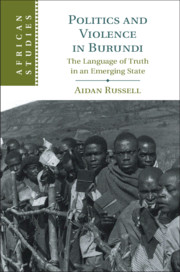People often attribute rumours to an individual in a knowledgeable position two steps removed from them (a credible friend of a friend), such as ‘my friend's father, who's a cop, told me about a serial killer in town’. Little is known about the influence of such attributions on rumour propagation, or how they are maintained when the rumour is transmitted. In four studies (N = 1824) participants exposed to a rumour and asked to transmit it overwhelmingly attributed it either to a credible friend of a friend, or to a generic friend (e.g. ‘a friend told me about a serial killer in town’). In both cases, participants engaged in source shortening: e.g. when told by a friend that ‘a friend told me …’ they shared the rumour as coming from ‘a friend’ instead of ‘a friend of friend’. Source shortening and reliance on credible sources boosted rumour propagation by increasing the rumours’ perceived plausibility and participants’ willingness to share them. Models show that, in linear transmission chains, the generic friend attribution dominates, but that allowing each individual to be exposed to the rumour from several sources enables the maintenance of the credible friend of a friend attribution.


